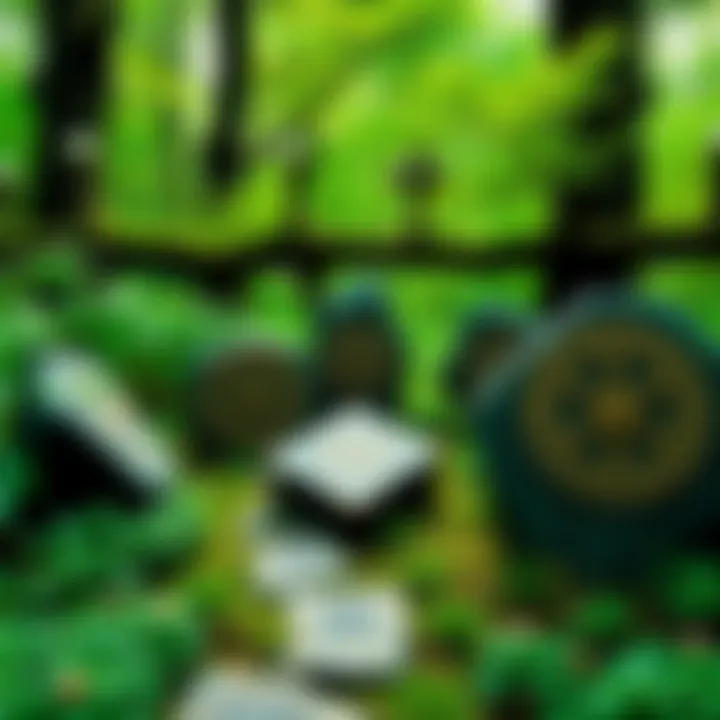Exploring Celtic Paganism | Persons Seek Guidance on Starting Journey
Edited By
Rita Gupta

A recent inquiry on user boards highlights the challenges faced by individuals wishing to engage in Celtic paganism. The post, shared on July 19, 2025, emphasizes the confusion about choosing deities and where to begin, particularly for those with Irish and Scottish heritage.
Seeking Direction in Celtic Spirituality
The person expresses feeling overwhelmed by the available information and the need for clarity. Many commentaries suggest that a solid grounding in Celtic mythology could provide foundational knowledge.
"You probably need to read some Irish mythology for starters," a user noted, pointing to the connection between stories and the understanding of deities.
Recommendations for Beginners
Users offered various book recommendations and resources:
Ancient Irish Tales edited by Cross and Slover for comprehensive myths.
Gods and Goddesses of Ireland by Morgan Daimler, which details deities.
Mentioned podcasts, like Candlelit Tales, catering to those more inclined to auditory learning.
Interestingly, some users argue that choosing a specific deity might not be necessary if one solely wants to explore witchcraft.
Cultural Perspectives Matter
One contributor pointed out the differences in cultural heritage, emphasizing that Scottish traditions are unique and should not merely be viewed as an extension of Irish beliefs.
"Scotland, though, isn’t just ‘Ireland lite’,” they asserted, highlighting the need for a more nuanced approach.
Key Insights
📝 Literature is key: Recommended texts provide foundational understanding of Celtic deities and myths.
🎧 Diverse media: From Candlelit Tales to YouTube, various sources cater to different learning preferences.
❓ Focus on intent: Beginners can choose between following a deity or exploring witchcraft without strict parameters.
In a realm often clouded by ambiguity, the collective wisdom from discussions suggests resources are abundant for those eager to learn. Whether drawn to the deities or witchcraft, individuals are encouraged to explore dramatic narratives and build their custom path in Celtic paganism.
What Lies Ahead for Celtic Spirituality
As interest in Celtic paganism continues to grow, there's a strong chance that more people will seek out community and resources to connect with their heritage. Experts estimate around 60% of individuals starting their journey may initially feel overwhelmed, leading to the emergence of dedicated forums and user boards where novices can share experiences and advice. This trend could fuel the creation of new podcasts, books, and local meetups, making Celtic spirituality more accessible. Additionally, with the modern push for authenticity in spiritual practices, people may increasingly prioritize genuine cultural engagement over generic interpretations, ensuring a richer exploration of their paths.
A Historical Echo from the Renaissance
Reflecting on the rise of interest in Celtic paganism, one can draw a striking parallel to the Renaissance when scholars began to revive ancient texts and practices. Much like today's seekers of Celtic spirituality, Renaissance thinkers looked back to ancient cultures for inspiration, which sparked a rebirth of artistic expression and intellectual curiosity. Just as those scholars wove ancient knowledge into contemporary thought, today's individuals are likely to reshape and enrich Celtic paganism, creating a vibrant tapestry of beliefs that honors both past and present.
